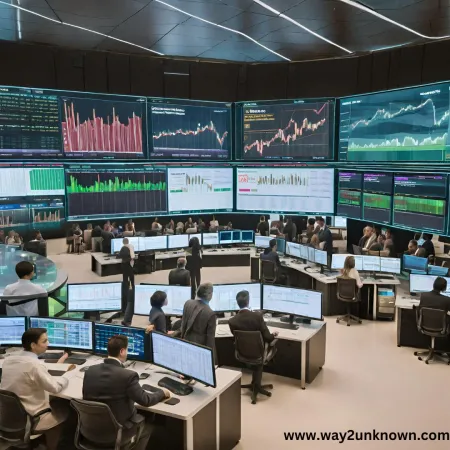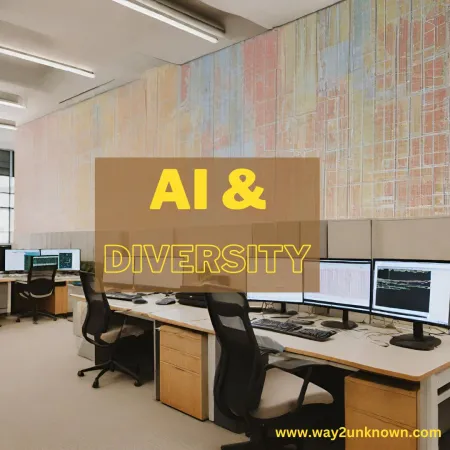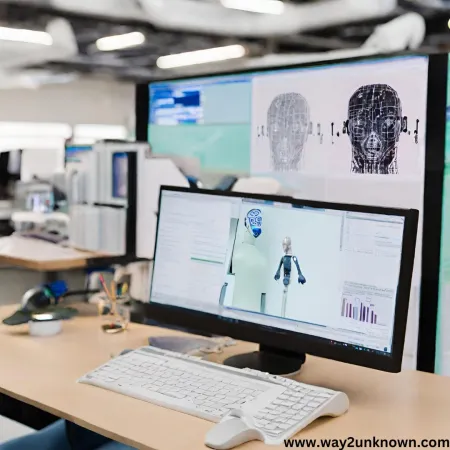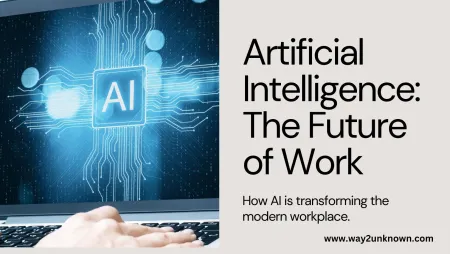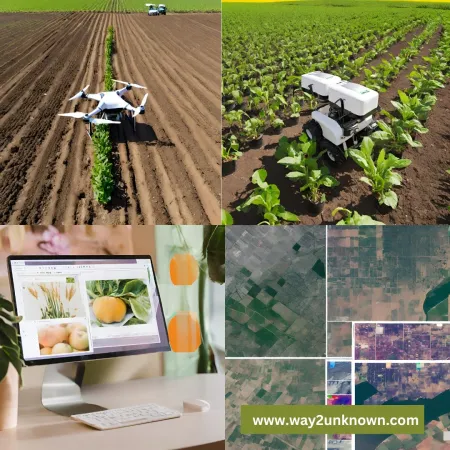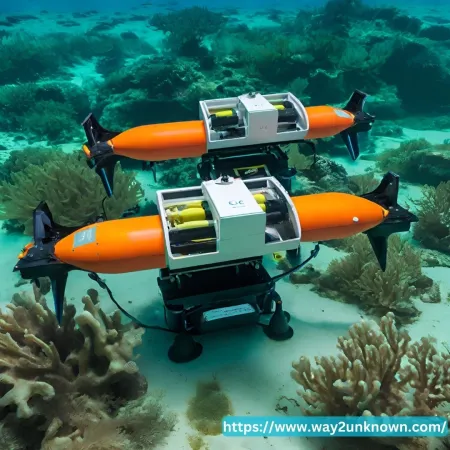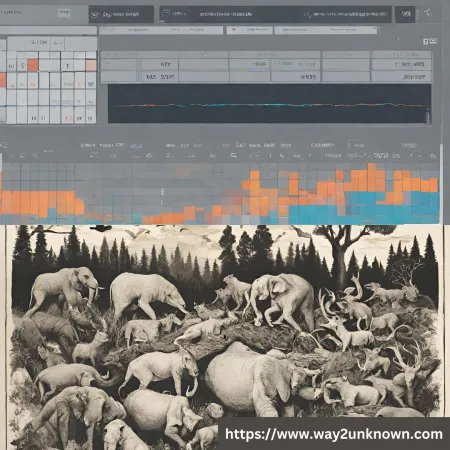Personal Finance Management in the AI Era
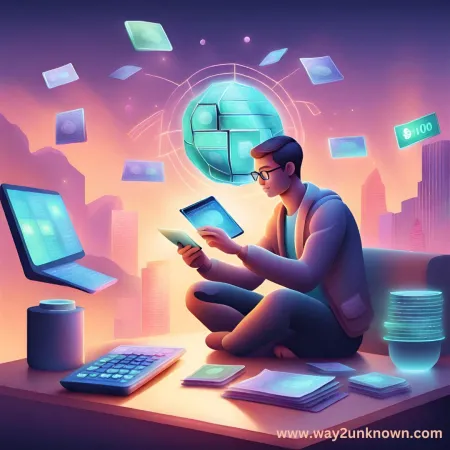
In the AI Era, personal finance management undergoes a digital revolution. AI-powered tools offer tailored insights and streamline tasks, empowering users to make informed decisions efficiently. Enhanced security measures guard against fraud and ensure data integrity. However, striking a balance between automation and human judgment remains crucial for effective financial planning.

